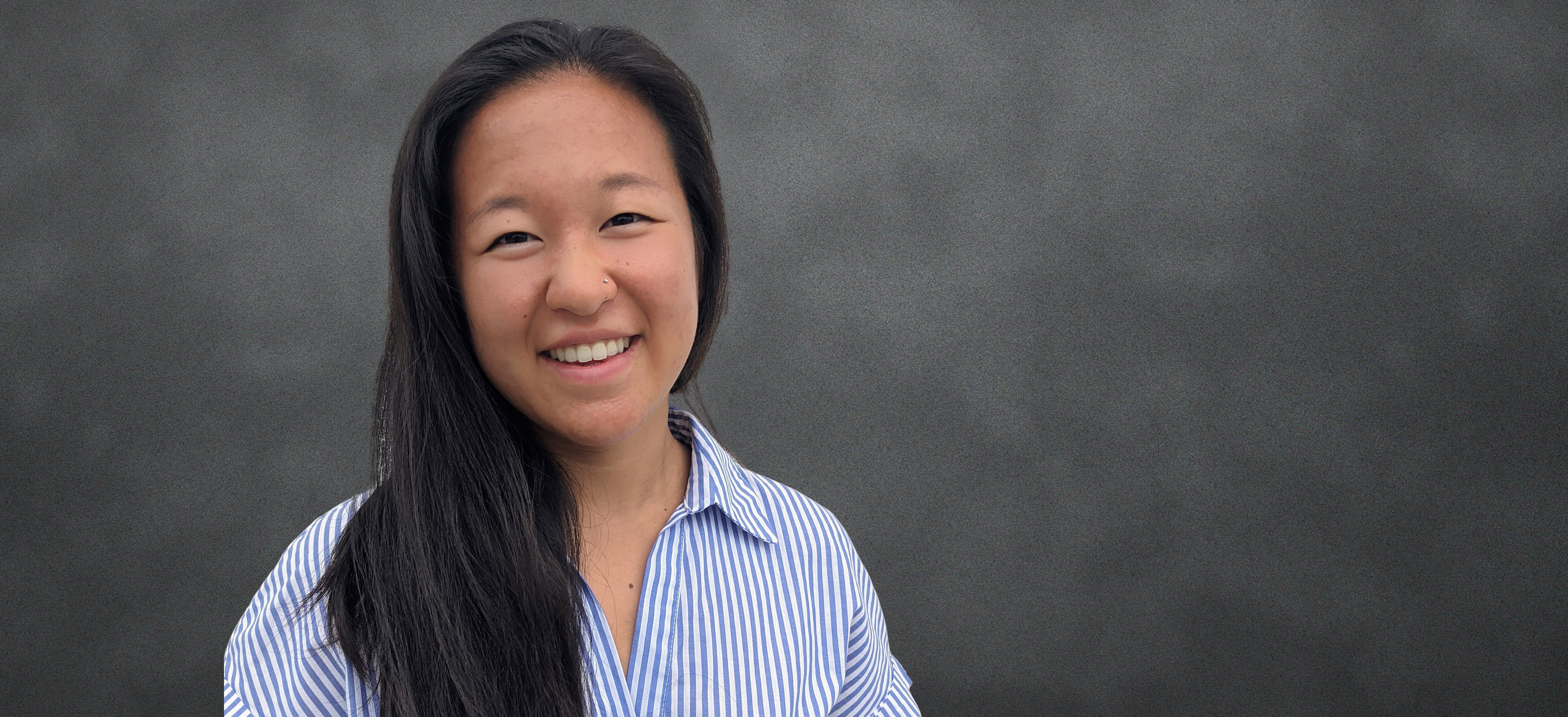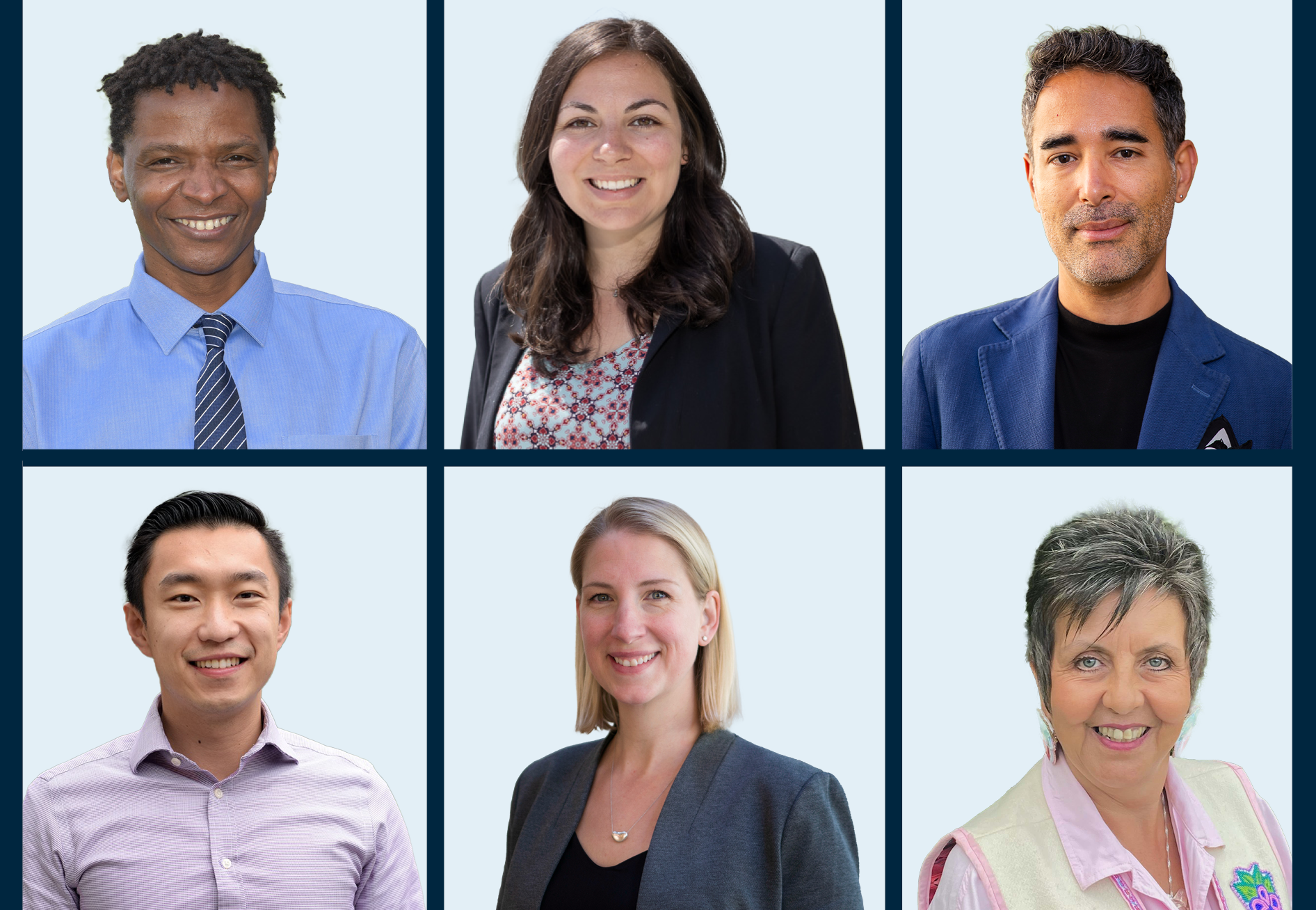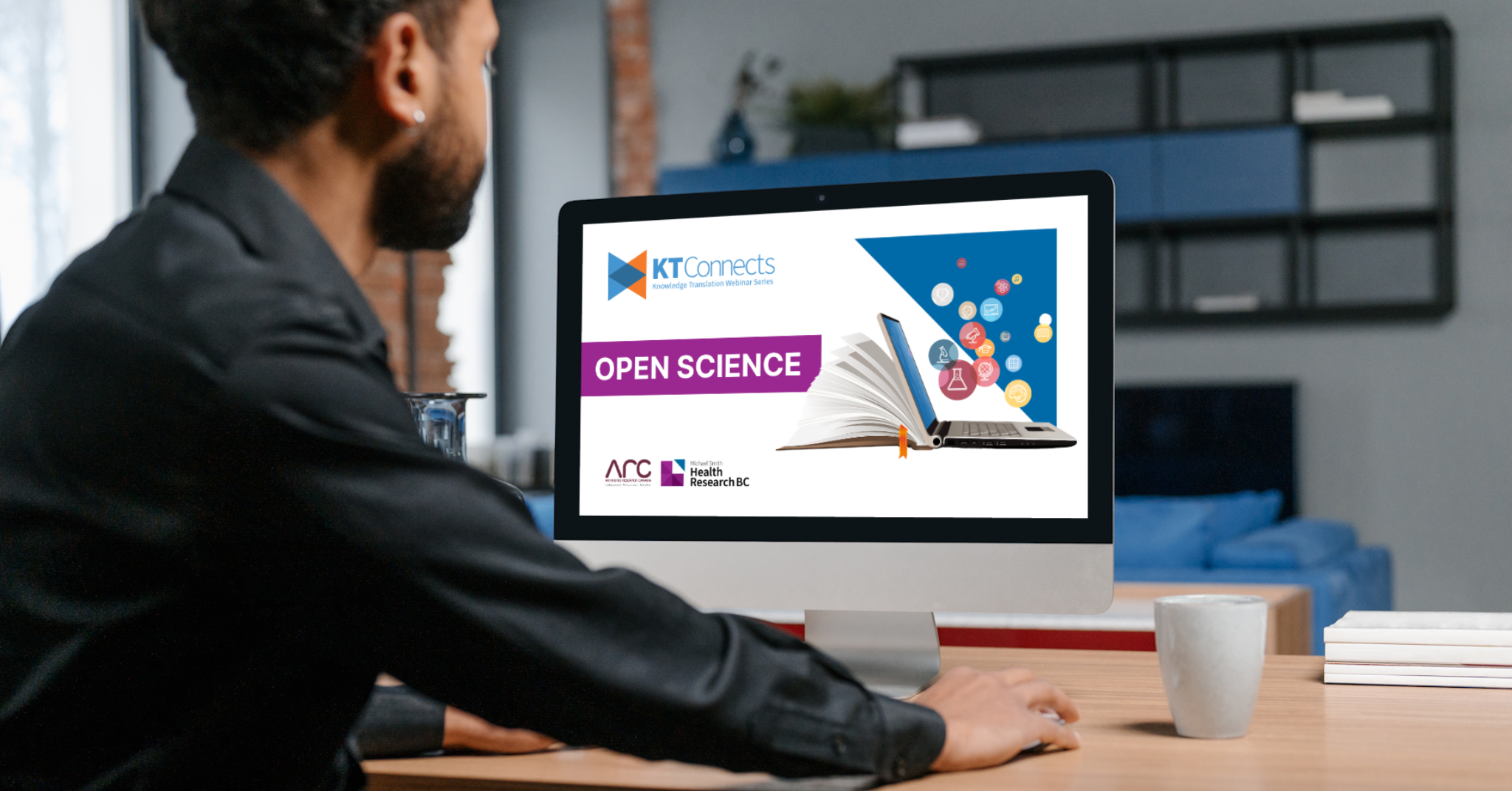Growing understanding of knowledge translation practice and research
27 September 2022

Knowledge Translation (KT) is ultimately about using health research to improve health. KT activities aim to close the gap between research and implementation by improving the use of research evidence in practice, policy and further research. As part of our commitment to building KT capacity in BC, Michael Smith Health Research BC was delighted to support 15 BC trainees to attend the 2022 KT Summer Institute.
A six-week online course, the KT Summer Institute is a great opportunity for research trainees to increase their understanding of knowledge translation practice and research as well as opportunities and challenges in this field. Run by KT Canada (a network of Canadian experts in KT), this year’s theme was: ‘Opportunities to advance KT science’. Providing funding for trainees to attend helps grow BC’s capacity for KT.
One of the trainees was University of British Columbia/Arthritis Research Canada MPT/PhD student Ellen Wang. Her research aims to explore the intersection of self care in chronic musculoskeletal conditions and therapeutic alliance between patients and care providers. Ellen shares her experience of the Institute.
Reflections on the KT Summer Institute 2022
As someone who is new to the field of knowledge translation, I feel incredibly grateful to have been a part of the KT Summer Institute and learn from some of the most respected leaders in the field. Above all, I was delighted to connect with fellow trainees and early career researchers that share a vision of moving research into clinics, communities, and care systems.
The Institute began by a warm greeting from Grandmother Dorothy Peters, an Anishnawbe elder and health advocate. Her wisdom helped to set the tone and reminded us of how we are all connected to one another and everything around us. We then dove into our weekly sessions.
Over the six weeks topics included: theories, models; frameworks; and mapping interventions. We also learned about current best practices, while hearing the firsthand experiences of guest speakers, including how they often have to problem solve. The content was incredibly well structured and strategically built off materials from previous weeks, making it easy to digest.
Throughout the Summer Institute, I became fascinated by the intricacies of building enduring partnerships with patient and community partners. I learned that meaningful relationships mean meaningful engagement – this requires an ongoing effort to uphold participant voices and an active process of self-reflection. Meaningful relationships begin when researchers and care provider ask themselves ‘What can I learn from the person in front of me?’
To my surprise, the most enriching part of the entire experience was a group case study. In teams of 7-8, we were tasked to design a health intervention to address a real-life scenario. In our group, we chose a vaccine rollout for caregivers and family members of long-term care residents. We planned around the context, resources, constraints, and which stakeholders to engage. Through this exercise, I learned that as researchers our job to lean into the dynamic nature of KT work and welcome change and adaptations.
Reflecting upon the experience, something that will stay with me for the rest of my career is the willingness of the KT community to share their wisdom. Every single guest speaker kindly offered their contact information in case we had any questions come up in future. This subtle, but compelling reminder will act as a guidepost throughout my studies and beyond. When given the opportunity, I will be sure to offer a helping hand as these incredible role models have done.





